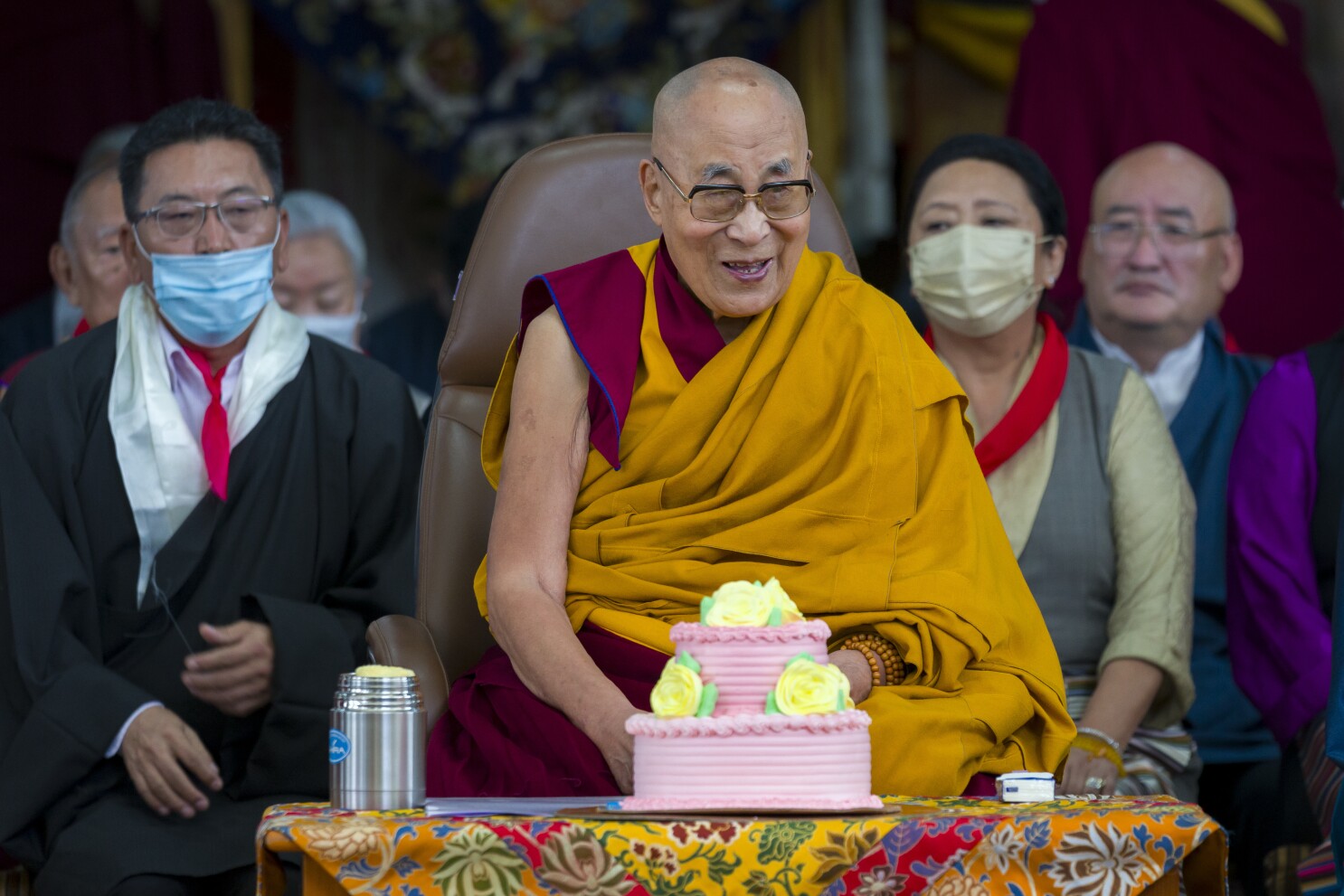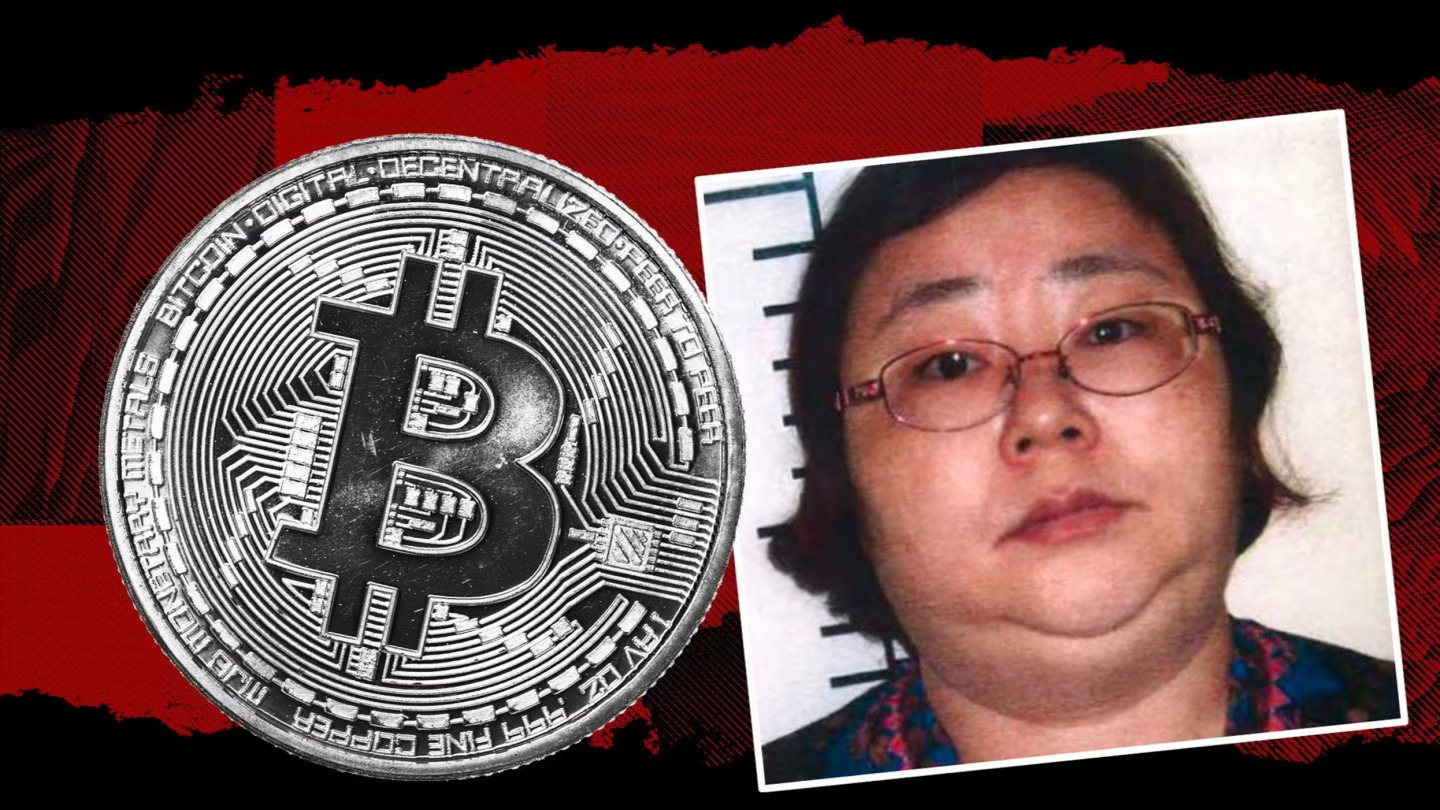In Zhimin Qian’s elaborate dreams, she envisioned being anointed as a reincarnated goddess by the Dalai Lama and ascending to the throne as the Queen of Liberland, an unrecognized micronation situated along the Danube, where she planned to erect Europe’s largest Buddhist temple.
However, Qian’s extravagant aspirations were fueled by the proceeds of a colossal bitcoin-based investment scam, valued at £5 billion, which she purportedly orchestrated in China, defrauding over 128,000 individuals.
At the heart of a recent London money laundering trial, Qian’s influence loomed large, despite her absence, with her associate Jian Wen being convicted of aiding her in managing the illicit funds.

Described as a “supervillain” by Wen’s defense counsel, Mark Harries KC, Qian’s intricate web of deceit and manipulation was meticulously unraveled during the trial proceedings at Southwark Crown Court.
The saga began in 2018 when London police stumbled upon Wen and Qian during a raid on a lavish Hampstead mansion, where they discovered a trove of digital devices containing a staggering 61,000 bitcoins, now valued at over £3 billion, marking one of the largest cryptocurrency seizures by law enforcement.
While Wen faced legal repercussions and was ultimately found guilty of money laundering, Qian evaded capture and is believed to have fled the UK, evading Interpol’s pursuit with the aid of fraudulent passports obtained under aliases such as Yadi Zhang and Nan Yin.
Qian’s dubious financial ventures can be traced back to her tenure as the head of Tianjin Lantian Gerui Electronic Technology, a company she founded in 2014.
Under the guise of offering lucrative investment opportunities, Lantian Gerui enticed investors with promises of exorbitant returns, leveraging bitcoin mining as a deceptive side venture.
Qian’s orchestrated scheme involved funneling investors’ funds into cryptocurrency accounts before absconding, leaving a trail of disgruntled investors and legal repercussions in her wake.

Despite her cunning tactics to conceal her involvement, evidence uncovered during Wen’s trial exposed Qian’s central role in the elaborate scam.
Amidst her clandestine operations, Qian harbored grandiose aspirations of spiritual enlightenment and royal ascendancy, as evidenced by a digital diary seized by UK police.
These delusions painted a stark contrast to her mundane existence, characterized by chronic health issues and a reclusive lifestyle spent predominantly in bed, transacting bitcoins and indulging in escapist fantasies.
As authorities grapple with the aftermath of Qian’s audacious scheme, including the fate of the 61,000 bitcoins, the lingering question remains: What will become of the elusive mastermind behind one of China’s largest investment scams?







Leave a Reply